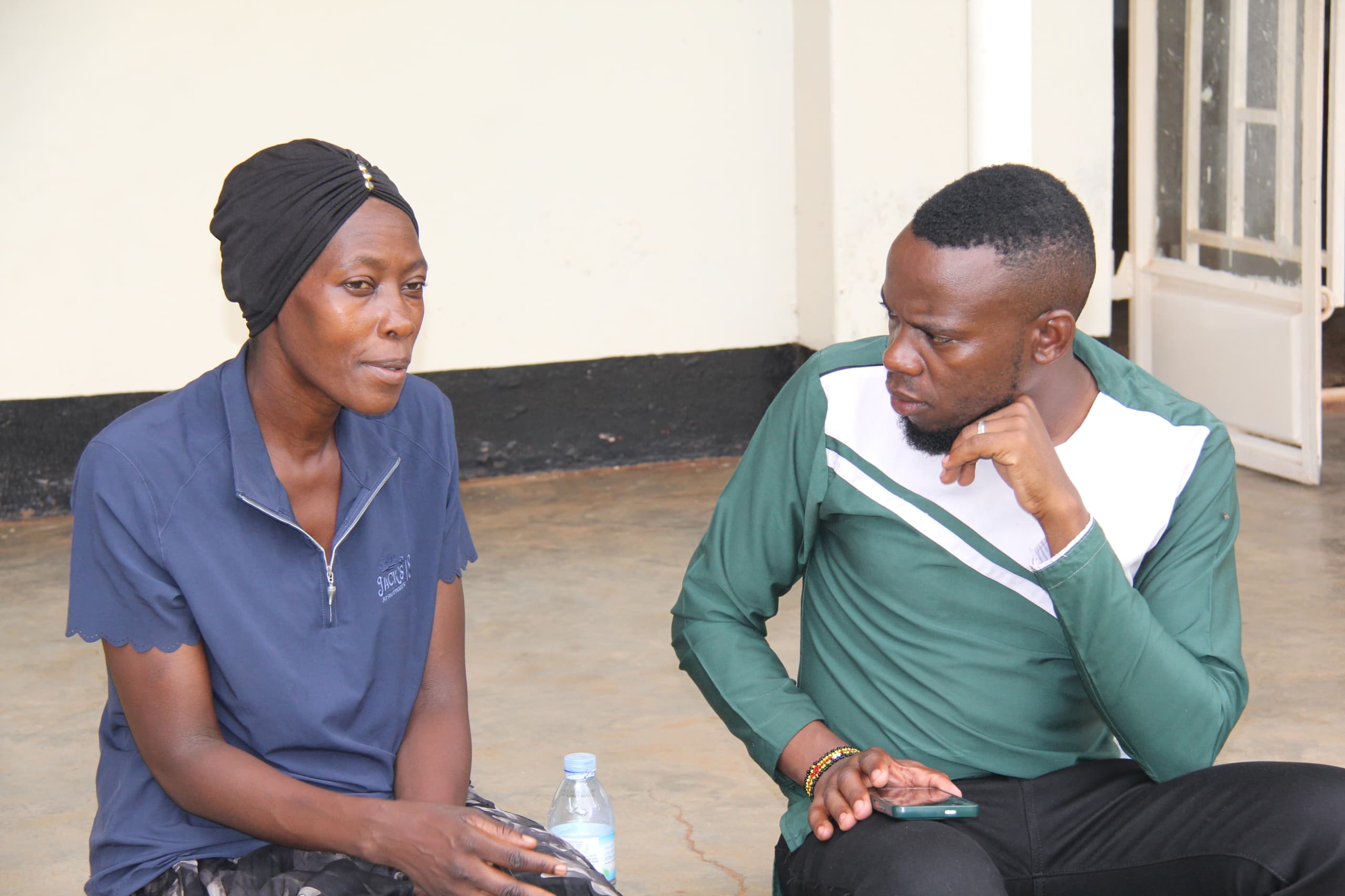
 Mama FM
Mama FM

 Mama FM
Mama FM
5 September 2024, 4:24 pm
Byamukama Alozious
The Uganda Women Media Association (UMWA), in partnership with the Austrian Development Cooperation for a two-month training programme aimed at tackling the rising cases of violence against women and girls (VAWG) has trained journalists, health workers, civil society organisations (CSOs), and government officials to address gender-based violence (GBV) in Uganda.
According to the Uganda Bureau of Statistics (UBOS), 14% of women in Kawempe experience physical violence, while 10-59% of women in the central region face violence in various forms. Survivors have expressed frustration with the media’s lack of follow-up on their cases and the tendency to sensationalise stories about gender-based violence (GBV).
Magret Ssentamu from UMWA urged journalists to shift their focus towards more pressing local issues, such as gender-based violence (GBV), asking, “Who do journalists work for? Some work for politicians, who are few compared to the number of people.”
Dr Kakungulu Shannon of Ntinda Hospital emphasised the importance of prioritising the dignity of survivors in media reports, stating, “Humanity and justice demand that when the media reports on gender-based violence, it must prioritise the dignity of survivors and amplify their voices with integrity and empathy.”
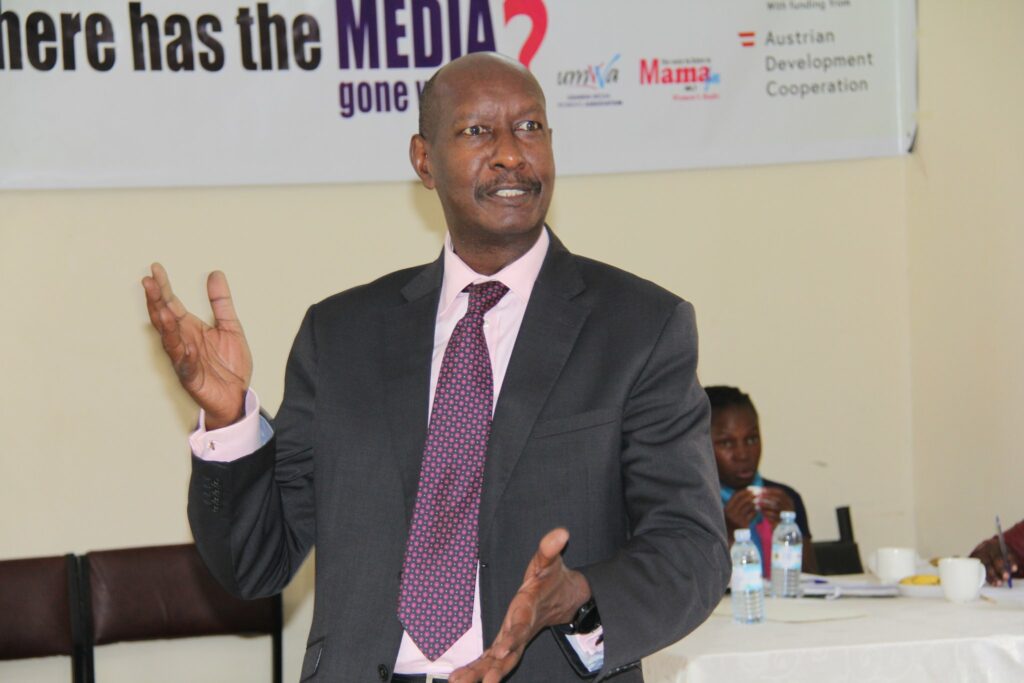
Journalists such as Ssewanyana Ali of Pearl FM and Maryum Namakula of News24 expressed their appreciation for the training, which provided them with the knowledge and skills needed to report on gender-based violence (GBV) effectively.
Ssewanyana said, “This training has been very helpful in equipping us with the knowledge and skills to report on GBV effectively.” Namakula echoed these sentiments, emphasising the importance of informed and sensitive reporting.
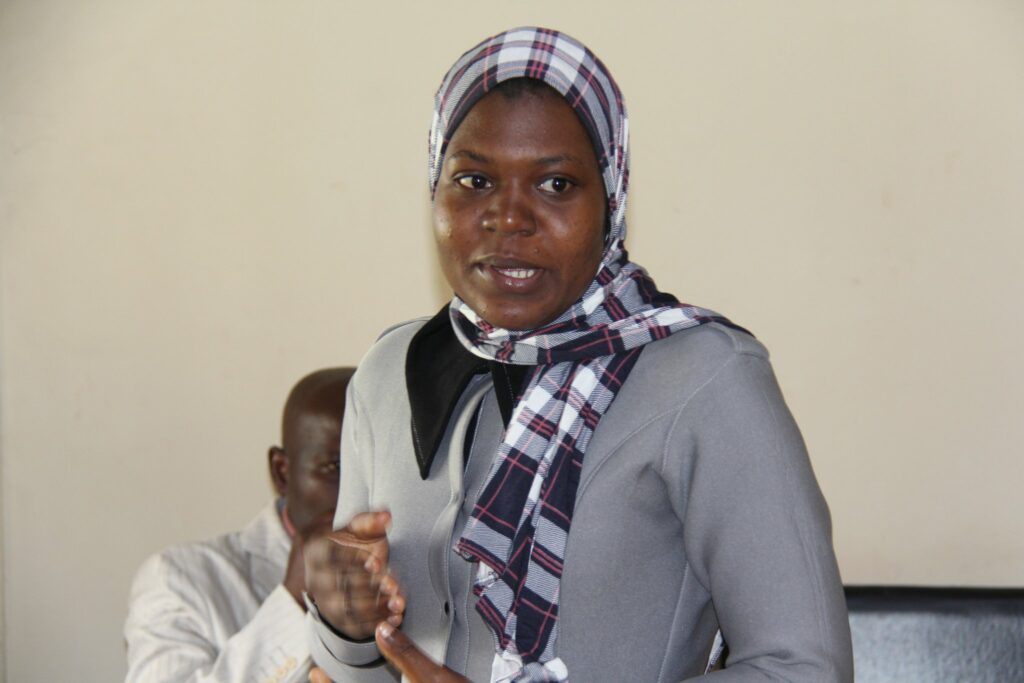
The training also highlighted the unique challenges faced by sex workers, many of whom are vulnerable to gender-based violence (GBV) and often lack access to essential support services. Some sex workers shared their experiences, including struggles with HIV infection and the absence of legal and healthcare support. Andrew Bukomeko from UGANET emphasised the need for stronger legal protections for survivors to prevent further harm and retaliation resulting from media exposure.
Nalungaya Margaret, a survivor of gender-based violence (GBV) from Bwaise, expressed concerns about the lack of media follow-up on her case after the initial reports. This further underscores the need for more thorough and responsible journalism in GBV cases.
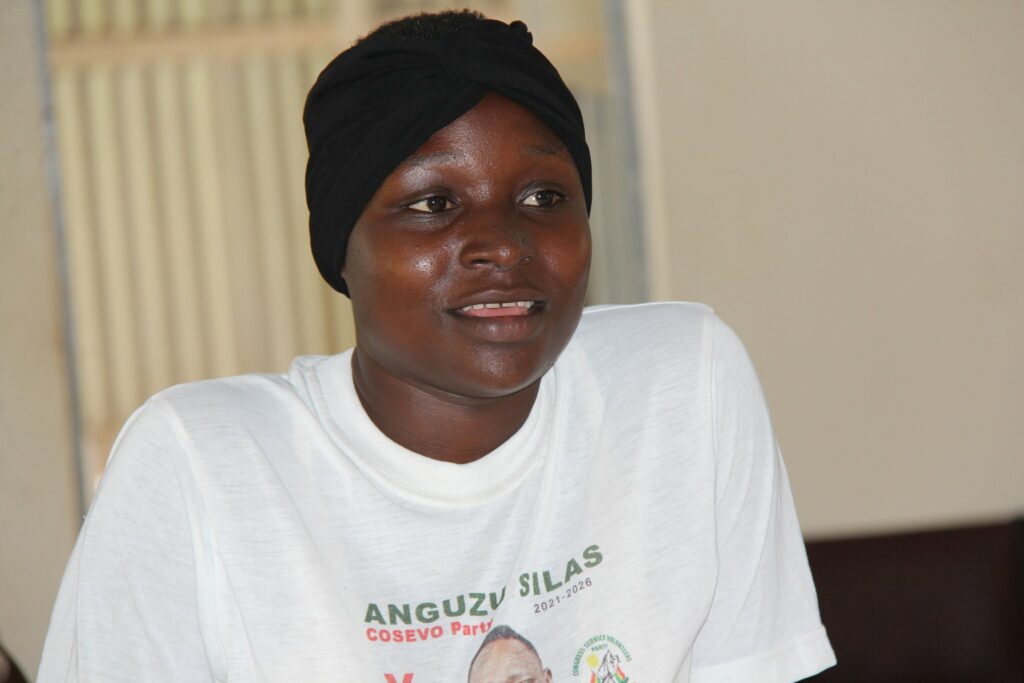
UMWA’s gender specialist, Clothilda Babirekere, emphasised the importance of collective efforts in addressing gender-based violence (GBV), stating, “We need to work together to create a future where women and girls are free from violence and discrimination.”
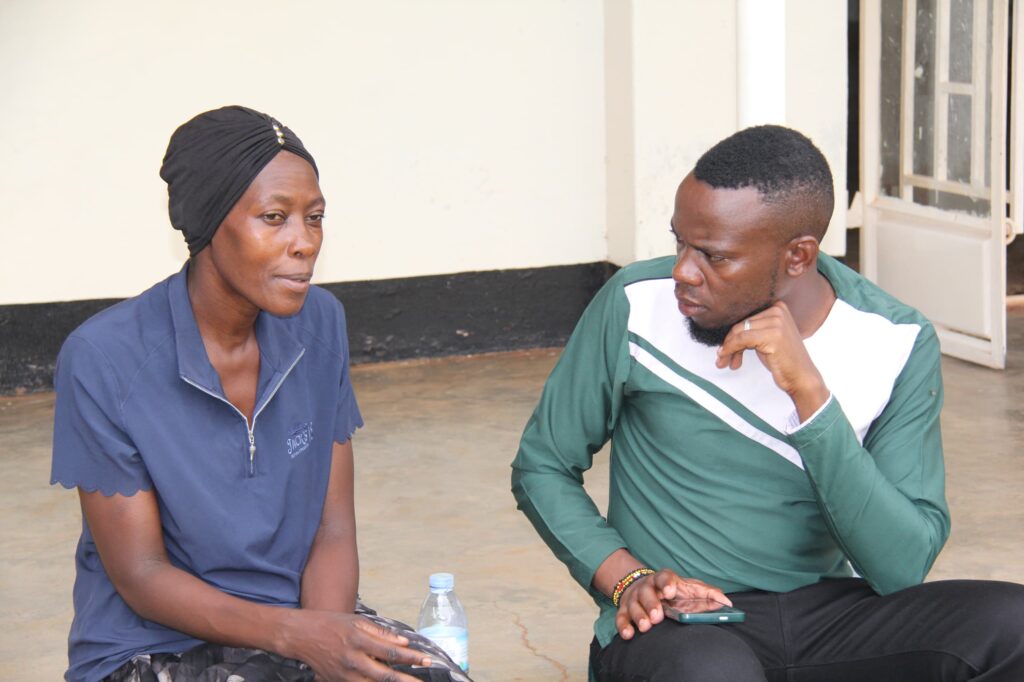
The training provided a platform for survivors to share their stories and advocate for change. The findings and recommendations of the project, including insights from a study on online violence, will be released in October, marking a significant step towards creating a safer, more supportive environment for GBV survivors in Uganda.